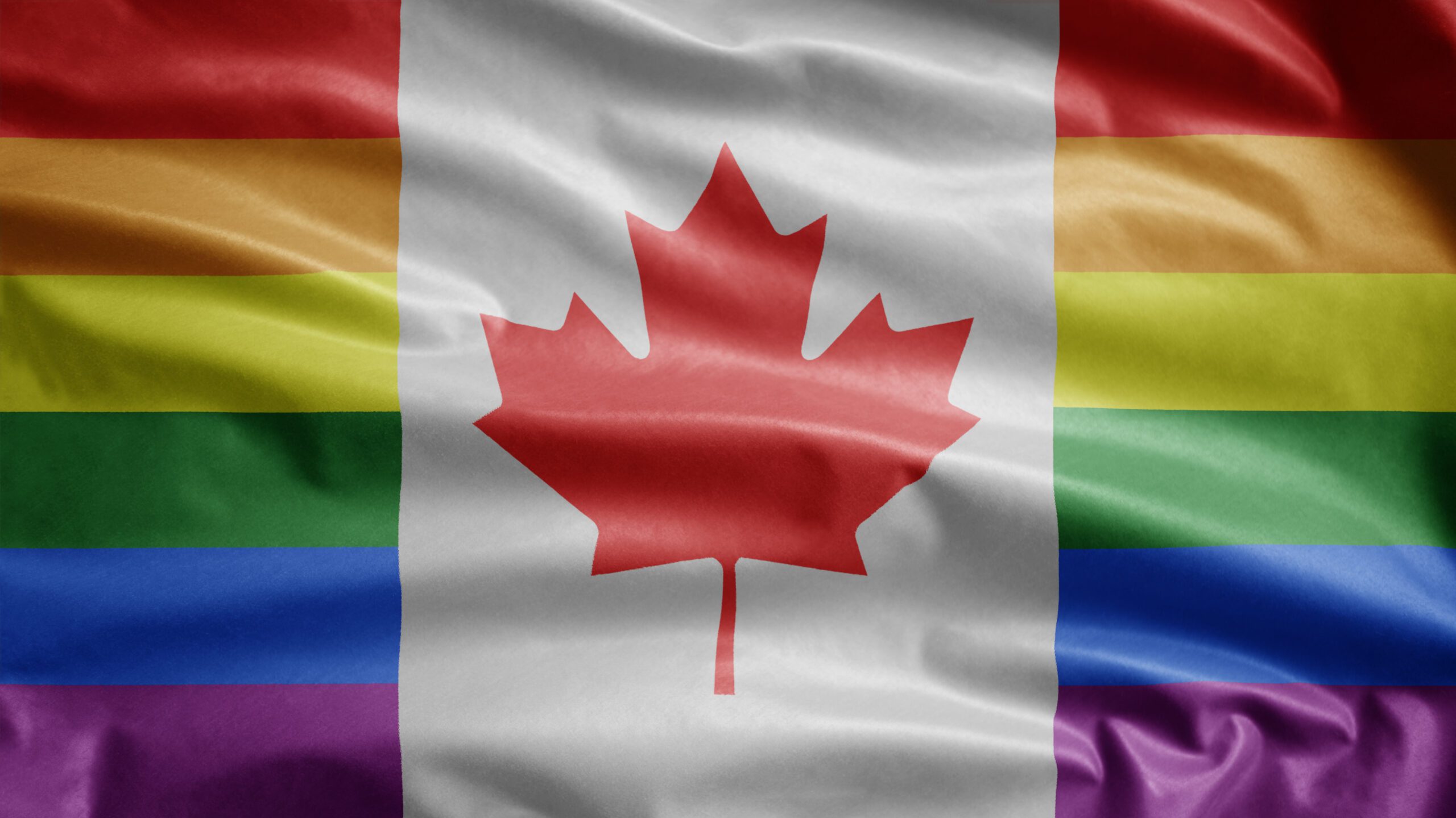The justice system in Canada is a cornerstone of Canadian society, designed to protect the rights and freedoms of all Canadians. From law enforcement to the courts, there are many facets to the justice system, all working together to ensure that justice is served fairly and efficiently. In this article, we will explore the various elements of the Canada justice system, including its history, structure, key institutions, and challenges it faces today.
History of the Canada Justice System
The Canadian justice system has its roots in British common law, which was introduced to Canada when it was a British colony. The legal system evolved over time to reflect Canadian values and the country’s unique legal needs. Canada’s constitution divides power between the federal government and the provinces, with each level of government responsible for different aspects of the justice system.
JUSTICE SYSTEM
The right to due process is upheld by the Canadian legal system for everyone. The presumption of innocence in criminal cases, which states that a person is presumed innocent until and unless proven guilty, is the cornerstone of our legal system.
In Canada, our legal system was established on a foundation of democratic values, the rule of law, legal equality, and due process. To provide due process, the government must uphold all of the legal rights to which a person is entitled.
At the Vancouver Law Courts, a blindfolded Lady Justice portrays the Scales of Justice, which stands for the fair, fact-based application of our laws without bias or prejudice.
Sniffer dog-equipped border patrol agents check automobiles at the Canada–U.S. border to uphold the law. An established body of laws, which are regulations intended to direct people in our society, governs Canada. These laws are made by elected officials, and law enforcement agencies like the police are responsible for enforcing them. Disputes are resolved in court.
Everyone in Canada is governed by the law, including elected officials, courts, and police. Our laws reflect the values and beliefs of Canadians while also working to maintain social order and offer a peaceful means of resolving conflicts.
COURTS
The highest court in our nation is the Supreme Court of Canada.
The Canadian Federal Court handles cases involving the federal government. A trial court, commonly referred to as the Court of Queen’s Bench or the Supreme Court, and an appeal court are both present in the majority of provinces. Provincial courts for less serious offenses, family courts, traffic courts, and small claims tribunals for civil matters involving little financial awards are also available.
POLICE
In Canada, the police are responsible for upholding the law and maintaining public safety. They may be contacted in a number of circumstances, including mishaps, thefts, assaults, seeing a crime take place, or filing a report of a missing person. Canada has a variety of police agencies, including municipal police departments in every province, provincial police forces in Ontario and Quebec, and the Royal Canadian Mounted Police (RCMP), which upholds federal laws and acts as the provincial police in all provinces and territories—aside from Ontario and Quebec—as well as in some municipalities.
It’s critical to keep in mind that the police are available to help you and that you can do so at any time. The majority of Canadian police departments have a procedure in place for handling complaints and taking appropriate action if you have any issues with the behavior or service of the police.
